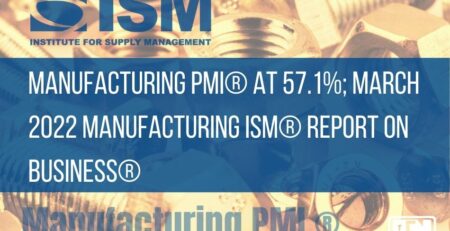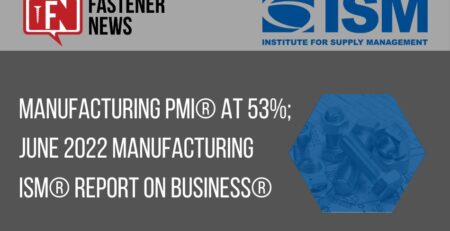Why you really need a “data plan”


A quick internet search tells me that Mark Twain once said:
“Data is like garbage. You’d better know what you are going to do with it before you collect it.”
This shows us two things. First, you can’t trust everything you see on the internet. And second, you really should have a plan regarding data.
*Editor’s Note: We reached out to a Mark Twain scholar who confirmed this is HIGHLY UNLIKELY to be a Twain quote.
Data matters in supply chains more than ever.
Why is data important to supply chains?
Short answer: Accurate and timely data lets companies make informed decisions.
This is because data can offer insight. Organizations can then use it to optimize operations and improve efficiency. An example: distribution operations and logistics. Everything from route planning to vehicle usage can be improved and optimized based on data.
We commonly see this in our lives via package tracking. In real-time – no matter where it may be in the world – we can see where a shipment is and even the mode of transportation it’s on.
Data is also critical in forecasting and demand planning.
It allows supply chain experts to better understand current and future demand for products and services. By understanding purchasing patterns and stocking locations, teams can more efficiently manage the supply chain for both external (customers) and internal (production) needs.
Plus, data can be used to mitigate risk within a supply chain. It can track current inventory levels and optimize them to reduce waste while improving efficiencies.
In other words, data can help you avoid unplanned expenses and costly delays.
How ‘good’ data adds value.
Let’s first define what good data means. We work with our customers and business partners to make sure we properly understand, define, and catalog data. This is done so that when the data is used, there is lineage, definition, and governance tied to it.
This really means data integrity. This data needs to be what everyone believes it is in order to contribute to what I would say is ‘good’ or trusted data.
So, good data should improve the decision-making process because you can see what has been measured or captured. It provides a lens into what is happening and allows you to evaluate measurables for improvement.
In the end, data should be seen as a competitive advantage. Whether it comes from understanding where time is spent or how products and services are being used, data should help increase efficiencies. It should provide the ability to respond more quickly and realize opportunities sooner.
How data helps supply chains
• Improve visibility Collecting data helps companies identify – and adapt to – bottlenecks, delays, and disruptions.
• Optimize planning: Analyzing demand trends and production capacity can help meet customer demand.
• Expand collaboration: Sharing data with suppliers and logistics providers can help them identify and address inefficiencies.
• Boost efficiency: When data identifies inefficiencies, you can streamline operations and even reduce costs.
Read more: Fastenal Blueprint













Leave a Reply